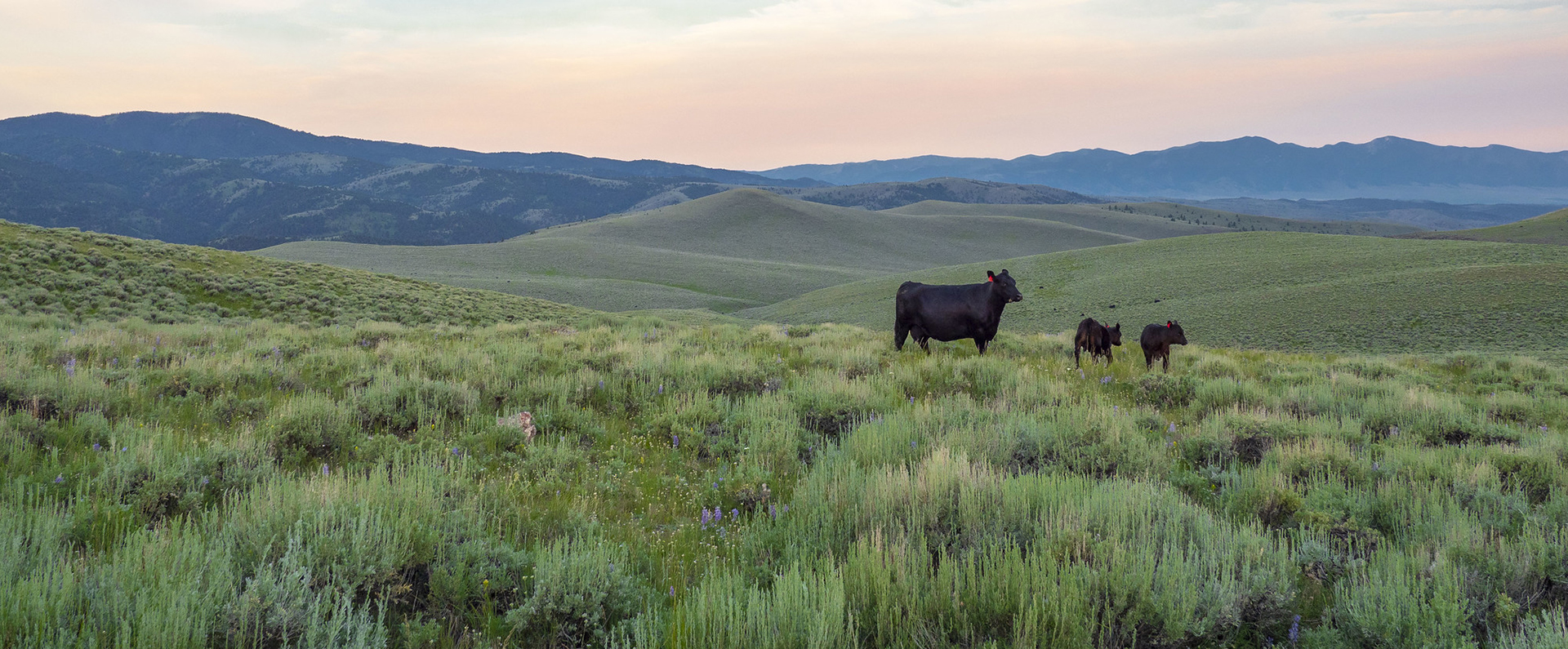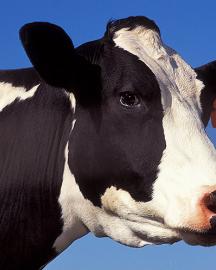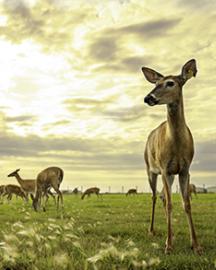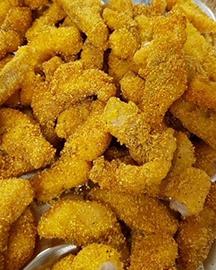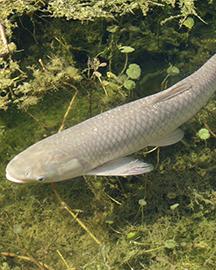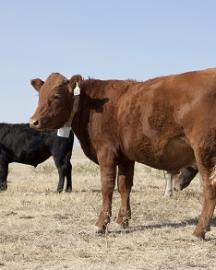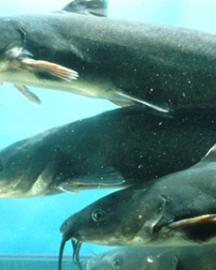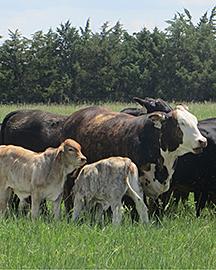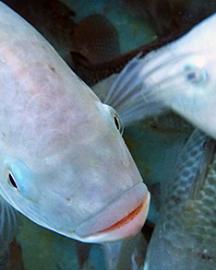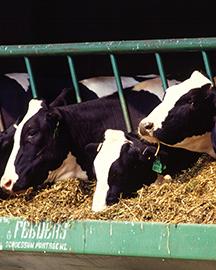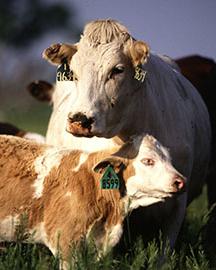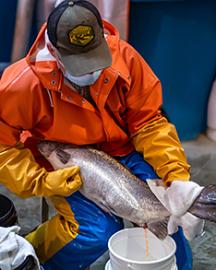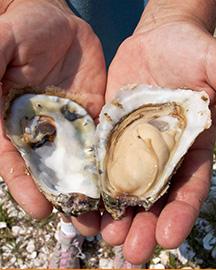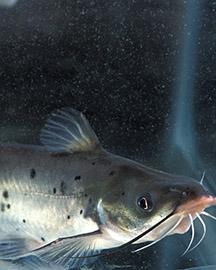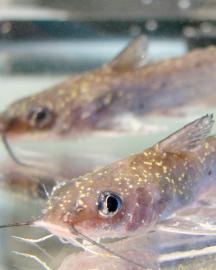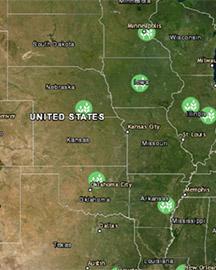ARS researchers are saving the California Condor, one of America’s endangered bird species.
Animal Health
Animal health plays a vital role in agriculture. Animals, both domestic livestock and wild, face many health risks, including inadequate nourishment, disease, and yes like humans, stress. Healthy animals are more productive and tend to cost less to maintain on farms and lands.
Here at ARS, we take the health of animals very seriously. Animals on our farms are cared for daily by experienced staff and veterinarians, many of whom were raised on a farm or ranch and cared for animals all of their lives. ARS researchers who specialize in animal health deliver scientific information and tools to detect, control, and eradicate animal diseases that impact agriculture and public health. Important to ARS research efforts are diseases that can be transmitted between animals and humans. To monitor and assure healthy animals, ARS research focuses on animal feeding and nutrition, and we look at biological markers and signs that can be used to improve animal health.
Check out our research projects below:
ARS researchers are studying the negative effects of mycotoxins in poultry feed, even at or below the allowed level by the FDA.
Genetic samples from bulls born before 1997, sourced from ARS’s NAGP, are being used in breeding programs today, often resulting in higher beef and dairy yields.
ARS researchers are examining how cattle, swine, and poultry are raised in an effort to improve their quality of life.
Nearly $8 billion per year is, literally, wasting away and there is currently no way to stop it. ARS scientists are on the case.
ARS scientists are using non-traditional fish parts to make catfish more appealing to diners and increase profits for fish farmers.
Several types of invasive Asian carp threaten rivers and the Great Lakes. ARS researchers and commerce are using a two-pronged ‘fork’ approach to deal with the invasive fish.
Improving facets of animal production that deal with genetics, nutrition, health, and reproduction is a key part of a “systems-based approach.”
Researchers at the ARS Food Processing and Sensory Quality Research Unit in New Orleans, LA, are conducting research to ensure better quality of U.S. catfish.
A team of ARS researchers is developing a web-based tool that will help cattle producers select the best bull for their herds.
In aquaponics, fish and plants are grown together in a system where the fish live in a tank and their waste is broken down by bacteria into fertilizer for plants.
ARS scientists are exploring how a seaweed species could potentially reduce methane emissions in livestock production.
ARS researchers are investigating red clover to help cows excrete less ammonia into the environment.
Scientists and staff at the National Cold Water Marine Aquaculture Center in Franklin, ME, have been improving the amount and quality of America’s Atlantic salmon for nearly 20 years.
An ARS scientist has joined a team of researchers working to restore oysters along the Eastern seaboard.
ARS researchers have developed a feed supplement that increases the weight of fish and helps keep the fish healthier.
ARS scientists have unearthed a natural material that helps prevent a deadly fish disease.
USDA scientists are studying ways to lower the cost of farming fish while improving omega 3 content and fillet quality.
Use our interactive map to find out what revolutionary research is being conducted in your state.



